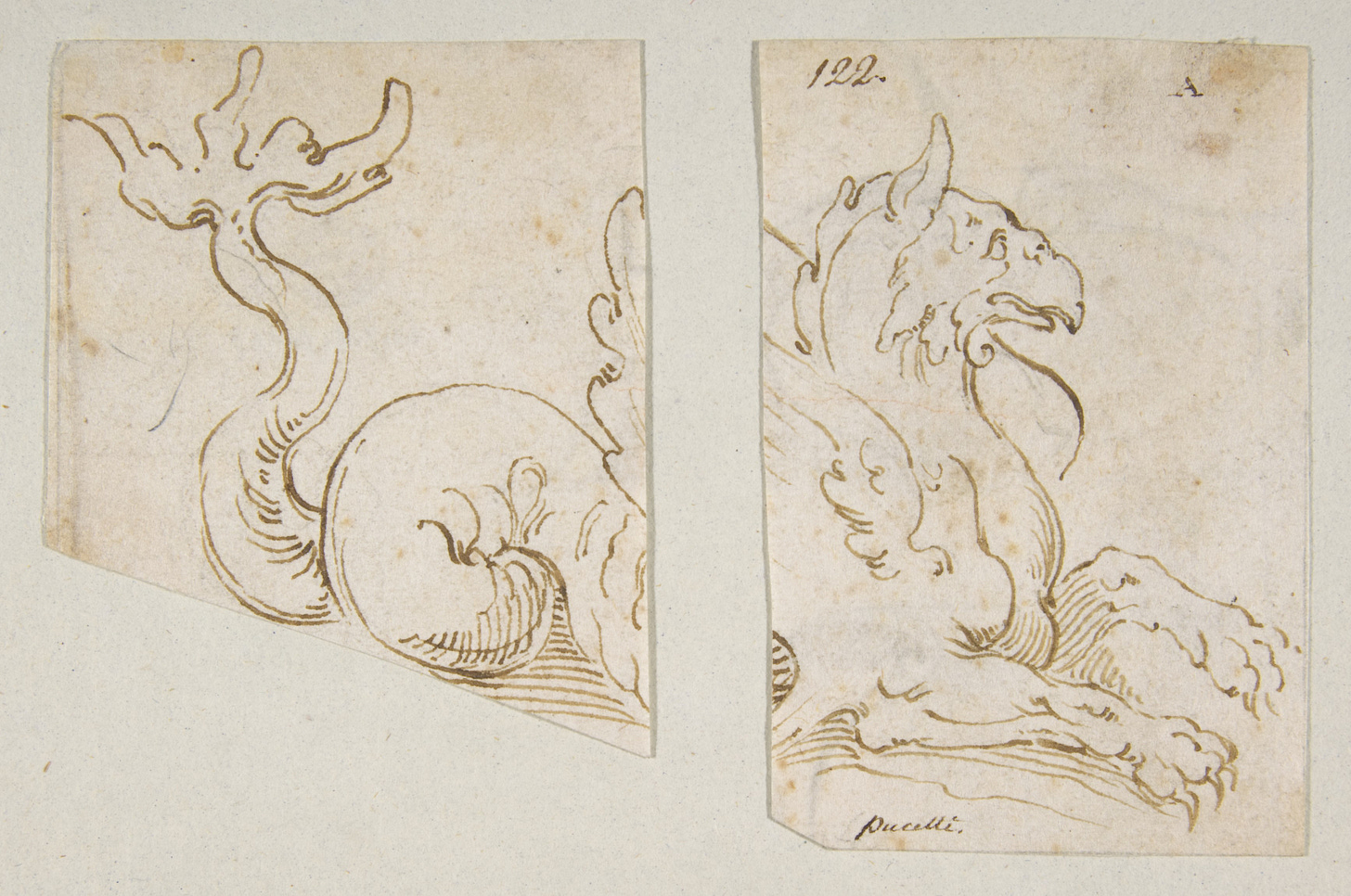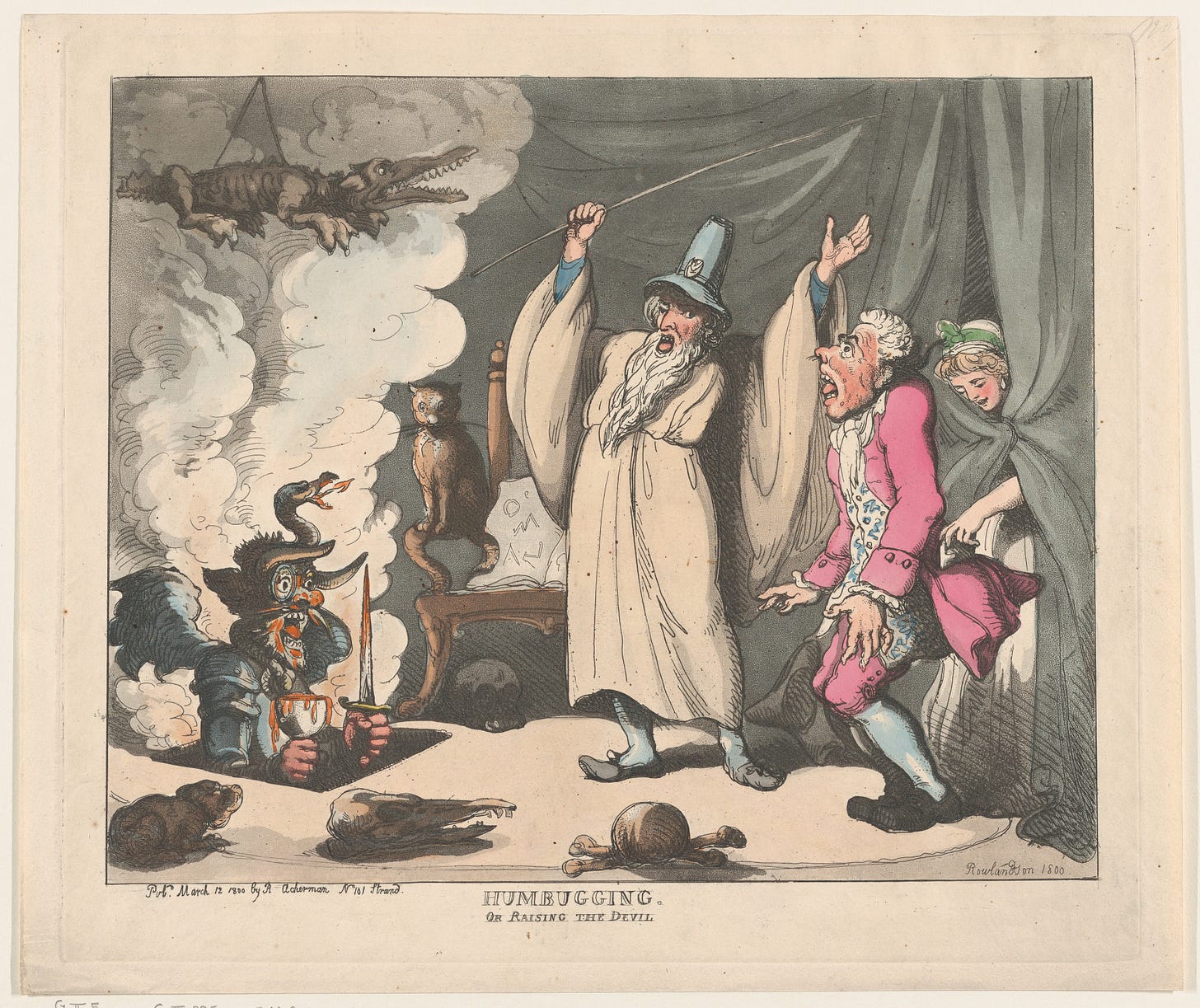A Transgression Against Oneself
Social beings are intended to help one another. To act unjustly – to fail to help or to cause some harm – is thus acting in a way that contravenes your own nature and the will of the universe.
Today we are returning to the Meditations. As always, read-along posts are fully available to everyone for free. We’ll get back to one read-along post per week, with a goal of finishing the Meditations in June. I’ll announce the next read as we close out this series.
Any transgression is a transgression against oneself. A wrongdoer harms himself by making himself a worse person.
This is the entirety of §4 of Notebook 9 of Marcus Aurelius’ Meditations. I suspect that for some of you, this observation seems plainly true — and that for others, it seems obviously false. So we are going to talk a bit about the context of Marcus’ writing and time in order to make sense of this.
Here is a typical, modern view of why something is wrong: an action is wrong because it inflicts undeserved and avoidable harm on another. It is wrong to punch someone, we say, because it harms them — unless you had no other choice or were fighting in self-defense, in which case the harm was not undeserved and possibly not avoidable.
The moral psychologist Jonathan Haidt wrote about this in his book The Righteous Mind. Especially in the W.E.I.R.D. (Western, Educated, Industrialized, Rich, and Democratic) world, we tend to collapse moral thinking into just one or two dimensions. We primarily think in terms of avoiding harm and acting fairly. This is a broadly liberal conception of morality: we can do as we like, just be fair and don’t hurt people.
So when we think of why the punch is wrong, we think in those basic terms: harm (or pain) and fairness (or desert).
But that doesn’t illuminate what Marcus has said about a transgression or wrongdoing. .
For Haidt, the shift in W.E.I.R.D. moral psychology happens when we abandon other possible moral foundations – like a sense of the sacred, a respect for authority, and a desire for purity – in our judgment about moral matters. What we have to understand is that Marcus is not a W.E.I.R.D. individual — even if he was emperor of Rome, well-educated for the time, and wealthy, he had not been reared in an increasingly egalitarian society with public education, nor did he seem to consider democracy a desirable alternative to his own rule. This is a man who still thinks in terms of duty, sacredness, and hierarchy. But above all, his moral thinking involves thinking about nature.
Earlier in Notebook 9, Marcus argues that acting unjustly is a form of impiety. It is impious towards ‘the eldest of the gods and goddesses,’ he says, that eldest goddess being the universe from which all else has its source. The universe had endowed rational creatures with a certain kind of nature, and a key feature of this nature is that we are social. Social beings are intended to help one another. To act unjustly – to fail to help or to cause some harm – is thus acting in a way that contravenes your own nature and the will of the universe.
I think we can say that Marcus takes it as a truism that to act in a way that contravenes your own nature is to do harm to yourself. If virtue is the only good, and virtue aligns with your nature, then to act in a non-virtuous way (a vicious way) is to harm yourself. Vice is the only thing we must at all times avoid.
One consequence of acting viciously is that we become used to it. Our perception of the world, even our ability to discern good from bad, becomes warped as we allow ourselves to act viciously. Eventually, our viciousness becomes the default, and virtue itself can begin to look like vice.
Frederick Douglass, the great American orator, gives us a perfect example of this in his Narrative. When Douglass is sent to live with a new master and mistress in Baltimore, he first thinks the latter to a kind woman:
My new mistress. proved to be all she appeared when I first met her at the door,--a woman of the kindest heart and finest feelings. She had never had a slave under her control previously to myself, and prior to her marriage she had been dependent upon her own industry for a living.
Sophia Auld would even go on to try and teach the young Douglass to read — until she is stopped by her husband, who also instructs her to ignore their slave.
Sophia Auld was at first a woman who recognized, albeit imperfectly, the common humanity which she and Frederick Douglass shared. Her willingness to teach Douglass to read, and the way in which she treated the enslaved with some kindness, shows that.
But something changes. While Douglass grows up in Baltimore, eventually forming friendships with poor working boys in the city and having them teach him his letters, the character of bother Sophia Auld and her husband Hugh change drastically. “The influence of brandy upon him, and of slavery upon her, had effected a disastrous change in the characters of both,” Douglass writes.
Just as the abuse of alcohol had turned Hugh Auld into a worse person, affecting his character and corrupting his soul, so too had participation in the institution of slavery worsened Sophia. Participating in an evil institution had corrupted her.
My mistress was, as I have said, a kind and tender-hearted woman; and in the simplicity of her soul she commenced, when I first went to live with her, to treat me as she supposed one human being ought to treat another. In entering upon the duties of a slaveholder, she did not seem to perceive that I sustained to her the relation of a mere chattel, and that for her to treat me as a human being was not only wrong, but dangerously so. Slavery proved as injurious to her as it did to me. When I went there, she was a pious, warm, and tender-hearted woman. There was no sorrow or suffering for which she had not a tear. She had bread for the hungry, clothes for the naked, and comfort for every mourner that came within her reach. Slavery soon proved its ability to divest her of these heavenly qualities. Under its influence, the tender heart became stone, and the lamblike disposition gave way to one of tiger-like fierceness. The first step in her downward course was in her ceasing to instruct me. She now commenced to practise her husband's precepts. She finally became even more violent in her opposition than her husband himself. She was not satisfied with simply doing as well as he had commanded; she seemed anxious to do better. Nothing seemed to make her more angry than to see me with a newspaper. She seemed to think that here lay the danger. I have had her rush at me with a face made all up of fury, and snatch from me a newspaper, in a manner that fully revealed her apprehension. She was an apt woman; and a little experience soon demonstrated, to her satisfaction, that education and slavery were incompatible with each other.
I am always in awe at the graciousness in Douglass’ writing. The man had every reason to hate the men and women who had enslaved him, torn him from his mother, and traded him like property. Yet, he displays a worry for their souls as well. He pities Sophia Auld, because while slavery massively harmed him, it at least left open the possibility of him acting virtuously.
Returning to Marcus and the Meditations, I think we can begin to make sense of it all. Marcus recognizes that when one acts wrongly, one does more than just act unfairly or in a way that causes harm. He recognizes that there are also consequences for your own character and soul. By acting unjustly, you harm yourself, too. Any transgression is a transgression against oneself.




My favorite “Meditations” post yet! Keep it coming, Jared!
"we tend to collapse moral thinking into just one or two dimensions. We primarily think in terms of avoiding harm and acting fairly."
I don't think that this is a bad thing if you must make a moral decision right in the moment. If you have time then a more thoughtful approach is possible.